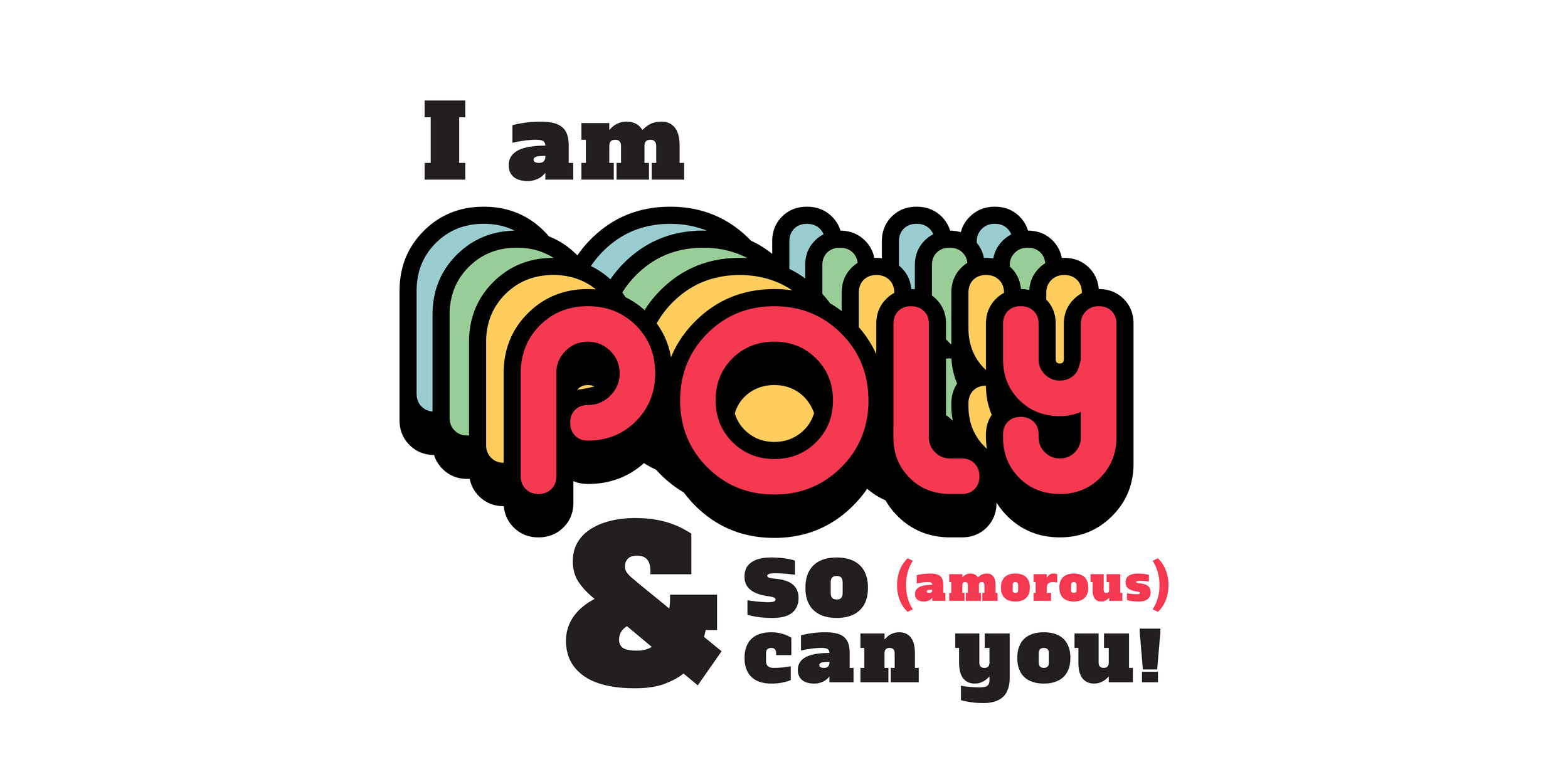Advice for jealous Doms in polyamorous relationships | I'm Poly and So Can You
What is your advice for Doms who are in poly relationships that experience jealousy and attachment issues with their partners?
This week I'm on location in Las Vegas shooting a XXX labor of love with queer polyamorous adult industry sweethearts - and my dear, dear friends - Nikki Darling and Sebastian Keys! Three poly pundits for the price of one!
Everyone: All three folks are chilling poolside smoking fat joints and eating way more junk food than they promised themselves they would on this trip.
Andre: Okay, so the way I interpreted this question is that there's a dominant-identified person in a polyamorous relationship with a submissive-identified person, and they want to know how to not bring the dominant dynamic into processing conversations around jealousy and attachment issues. Because it could be toxic. Both of you have been in longterm D/S (Dominant/Submissive) relationships before, yes?
Nikki: I will say that it's very important to make a clear distinction between the time you are "in character" as your "D/S dynamic" selves, and the time you're both just two human beings on equal footing in your "relationship dynamic". When it boils down to it, the D/S dynamic is fantasy; the relationship dynamic is reality. You can signal when the dynamic needs to shift - when you need to drop the power play and have a check-in around emotions or boundaries - as plainly or as subtly as you want. You can just say, "Hey, we need to talk", you can have a specific safe word that transforms the D/S dynamic into a relationship dynamic, or you can schedule check-ins in advance (so you can anticipate when you'll be "breaking character"). I bet it can get really hard when you're in an intensive 24/7 D/S dynamic with someone, but I've never had that experience.
Sebastian: I have - I was in a 24/7 dynamic briefly, as the dominant, and it was pretty nonconsensual. Typically, when the relationship is healthy and functional, what Nikki said about having there be a pre-negotiated signal to transition the dynamic at will works well. That didn't happen in mine, though. I found myself in it all the time; I couldn't escape it. It got to the point where members of my family, people at work, everyone was calling me by the name I used in my D/S relationship. There was no "off switch" - it was full immersion. That's not healthy. You need to maintain your sense of self, your center, even in supposedly "full time" power exchange relationships. I ended up moving across the country just to get away from it.
Andre: That's so fascinating to me, because I feel like whenever we hear about "D/S gone wrong", it's always a story of a submissively-inclined person who was abused or manipulated by their dominant. It can be true, but it's also a stereotype. Dominant boundaries can get crossed, too!
Sebastian: With the relationship in question - when I was a more dominant persona - one of the ways I'd find myself manipulated would be with a lack of communication. The sub hardly ever articulated when they were having a problem or wanted to talk; instead, they'd stay silent, and expect me to "read their mind". I'd be guilted or shamed for not just psychically "knowing" when they had a sad. Also, when you're in a position of dominance over someone, codependency can totally breed. You feel protective of the sub - there's a nurturing quality, almost maternal or paternal - and that can evolve into feeling outright responsible for their well being. Which can lead to you overextending yourself, and not knowing when to walk away. That's emotional abuse, and dominants aren't immune to it.
Nikki: Absolutely. It can happen both ways. I think that when we focus too much on making complex multi-faceted individuals into archetypes, we strip them of their humanity, regardless of whether they're a dom or a sub.
Andre: Nikki, what about your past D/S relationship? Did you ever feel like your partner would either consciously or unconsciously bring some of the D/S dynamic into relationship conversation territory in a way that was inappropriate?
Nikki: My D/S relationship was openly polyamorous - or at least, it was supposed to be - but when it came to discussing issues around seeing other people, I was guilted and shamed for wanting to have intimacy outside of our relationship. Meanwhile, if my dominant wanted to date outside our relationship, my needs and desires were never seriously taken into account - his word was gold. He acted as though his opinions and feelings held more weight than mine because of his dominant identity and as though I were failing at my "job" of consistently being in service to him by voicing my feelings. He forgot I was a human being.
Andre: So in short, dear reader: 1. Make sure you have a clear, concise, immobile agreement for when and how to "turn off" the D/S dynamic to have relationship conversations, 2. Cultivate a hypersensitivity to when you make be letting your dominant persona infiltrate those conversations, and encourage your partner to call you out on any slip-ups in real time, 3. Don't be afraid to admit to your partner when you're having difficulty separating your identities - there's an admirable and humanizing vulnerability in being transparent about your struggle, 4. Just generally don't be a dick, and 5. Go get stoned with your friends already.
